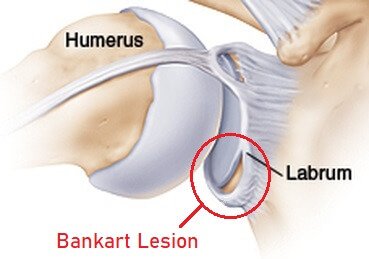Shoulder Surgeries
Shoulder Injuries Interventions
Shoulder injuries may occur abruptly, such as from a fall, or gradually due to the strains of daily movement and activity. When injury strikes, the shoulder’s functionality is compromised, affecting the delicate interplay of bones, muscles, ligaments, and other components. Treatment options for shoulder issues span from physical therapy and medication to surgical interventions.

Arthroscopic Surgery
Shoulder arthroscopy involves utilizing a miniature camera known as an arthroscope to inspect or address issues within or surrounding the shoulder joint. This procedure entails inserting the arthroscope through a small incision in the skin.
The rotator cuff comprises muscles and tendons that encircle the shoulder joint, facilitating arm movement and stability. Overuse or injury can lead to tears in these tendons.
During the surgery, you’ll typically undergo general anesthesia, rendering you unconscious and insensitive to pain. Alternatively, regional anesthesia may be administered, numbing the arm and shoulder area to eliminate pain sensation. If regional anesthesia is chosen, you’ll also receive sedatives to induce a state of deep relaxation during the procedure.
Shoulder Replacement Surgery
Shoulder replacement surgery, an orthopedic procedure, alleviates joint pain, restoring mobility. Like knees, shoulders facilitate a range of motions. Surgery becomes necessary for severe arthritis or fractures.










